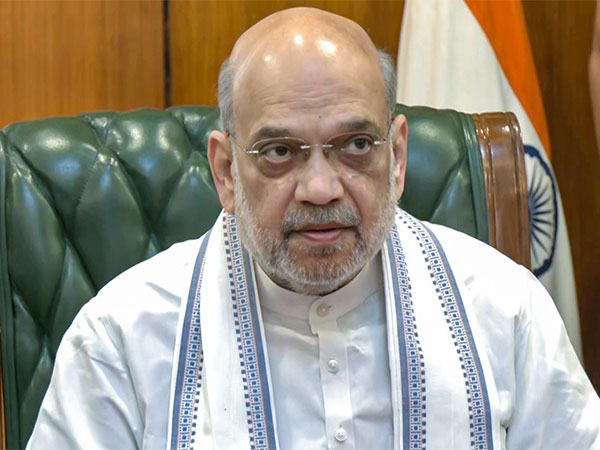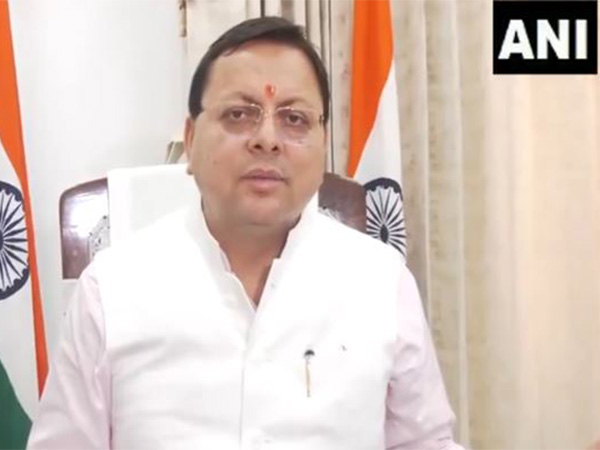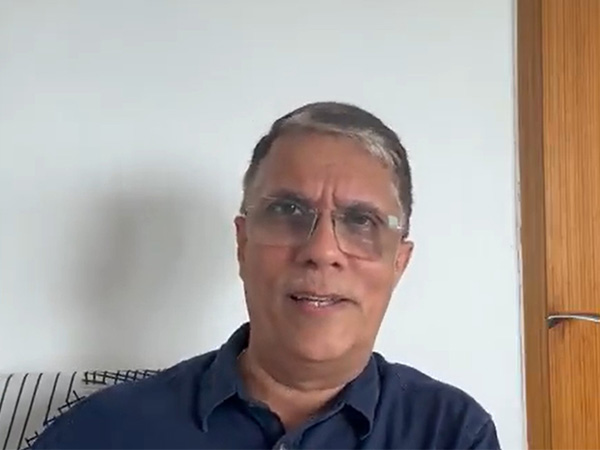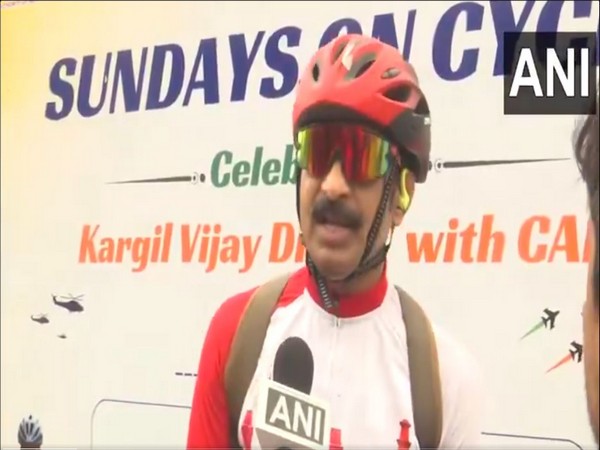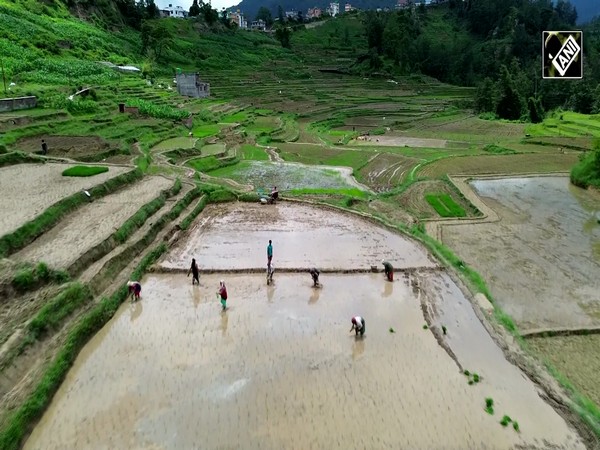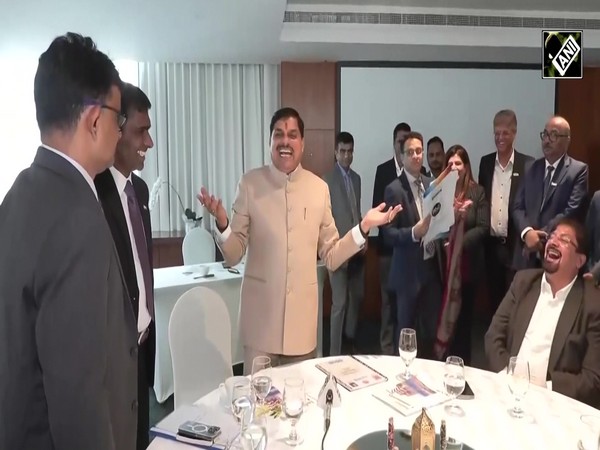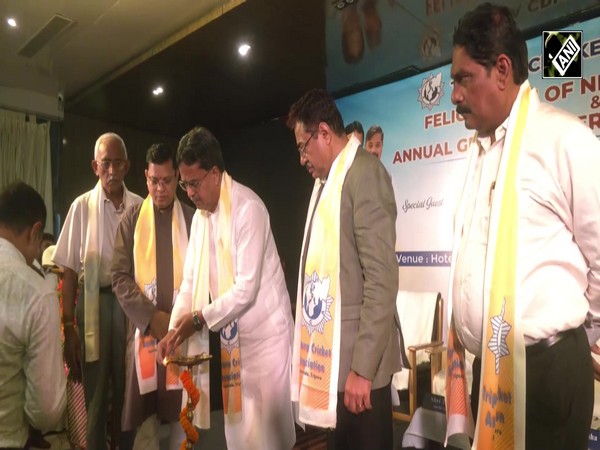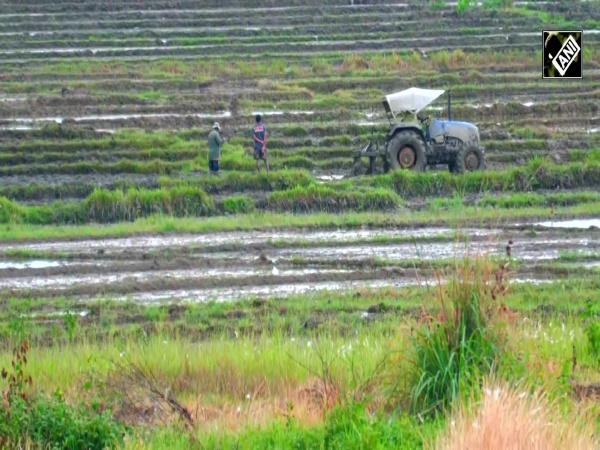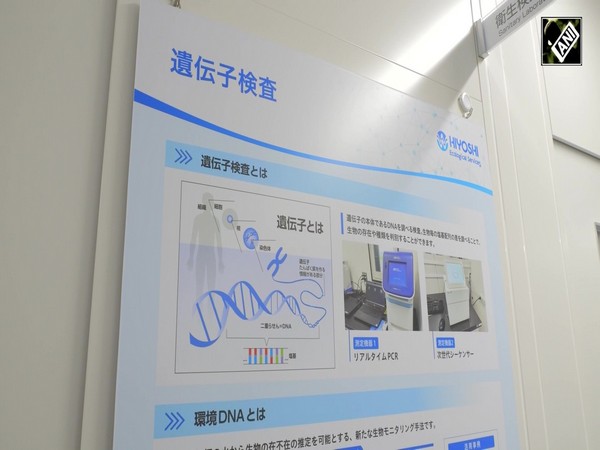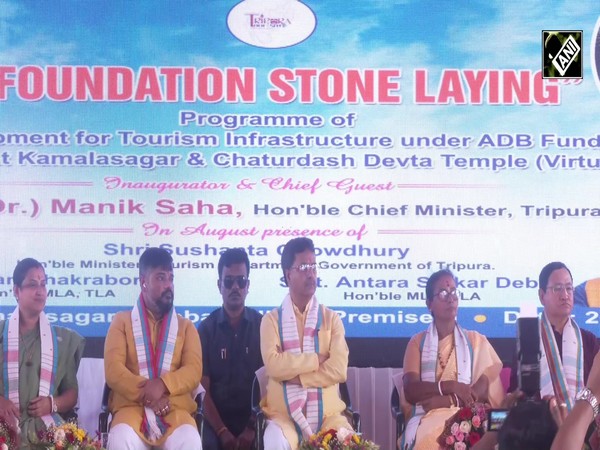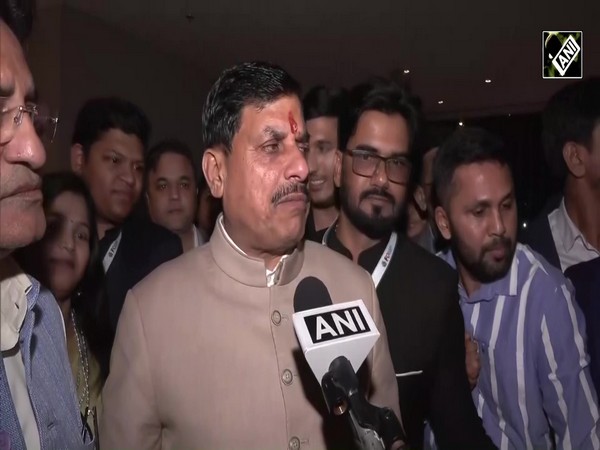Refuelling of consumption demand must be theme of budget: PHDCCI suggests to Sitharaman
Dec 19, 2020

New Delhi [India], December 19 : Industry body PHD Chamber of Commerce and Industry (PHDCCI) on Saturday suggested a 10-pronged strategy to Union Finance Minister Nirmala Sitharaman during the pre-budget consultations.
The PHDCCI stated that refuelling of consumption demand must be the theme of the Union Budget for the fiscal year 2021-22 to have a multiplier effect on production possibilities, capex expansion, private investments and employment creation.
PHDCCI's 10-pronged strategy includes refueling consumption and demand, encouraging the private investments, front-loading of infrastructure investments, establishing Development Finance Institutions (DFIs) to fund industrial and infrastructural investments, strengthening Micro Small and Medium Enterprises (MSMEs), reducing the costs of doing business, ease of doing exports, increasing tax to GDP ratio, agriculture and rural sector must be at the forefront and effective reforms in social infrastructure.
"The economy has exhibited early signs of recovery in the recent months, but to sustain the momentum, there is a need to ensure great support to demand creation in the economy with lower interest rates for consumers and businesses, lesser compliances for MSMEs vis-a-vis ease of doing business at the ground level and a lower tax regime to increase the personal disposable income of the people," said PHDCCI president Sanjay Aggarwal in a press statement released here today
"To rejuvenate aggregate demand in the economy, infrastructure investments will give a multiplier effect. The robust growth of infrastructure is the key ingredient to realise the vision to become Atmanirbhar Bharat," he added.
He further said: "The Government should consider raising investment funding for the National Infrastructure Pipeline (NIP) through borrowings from overseas markets by issuance of overseas bonds through an SPV that could act as a mega DFI."
Aggarwal further said that overseas borrowing will reduce dependence on the domestic market.
"Overseas borrowing will allow the government to bring in diversification in its borrowings along with significantly reduced dependence on the domestic market, thereby leaving room for private sector to raise capital for investments," he said.
"Analysing the debt to GDP ratio of G20 economies, India is at a significantly better position in the G20 economies. India stands at 14th rank with total debt to GDP ratio at 127.6 per cent comprising 55.3 per cent as private debt and 72.3 per cent as public debt. Also, we have sufficient forex reserves of USD 575 billion as on November 27, 2020," he added.
He added: "We suggest more reform measure to benefit the entire MSMEs segment which is a reduction in tax on MSME firms working as proprietorship/partnerships. Vast majority of MSMEs are either sole proprietorship or partnerships. Hence, taxes should come down on these types of businesses, going forward. For such businesses, it is suggested that the maximum tax slab be brought down to 25 per cent."
He further said that the government should focus on reducing the cost of doing business including the costs of capital, costs of power, costs of logistics, costs of land, availability of land and costs of labour, availability of skilled labour and costs of compliances.
"We appreciate the provision of Rs 1.46 lakh crore under Production Linked Incentive (PLI) Scheme for 10 champion sectors which will help link India to global value chains, encourage exports, give companies a competitive edge in global market and make India a global manufacturing hub in the coming times," he added.
To enhance the export growth trajectory, export income should be made tax free for MSMEs for 3 years and income of large enterprises from incremental exports (Y-o-Y) be made tax free. This will help in partly compensating the additional cost of logistics and other bottlenecks faced by the exporters, said the industry body.
"Increase in the tax to GDP ratio must be focused to achieve the average of emerging markets which is at around 22 per cent of GDP and India's tax to GDP ratio is currently at around 17 per cent of GDP," he added.
We suggest that agriculture and rural sector reforms must be at the forefront with increased public investments in agricultural infrastructure, he said.
"Going ahead, we suggest that the education expenditure as a percentage of GDP needs to be maintained above the level of 3 per cent of GDP and health expenditure as per cent of GDP should be increased to 2 per cent of GDP in the FY 2021-22 and at the level of 3 per cent in the next three years to build hospitals, setting up training institutions, among others all across the country," he added.
